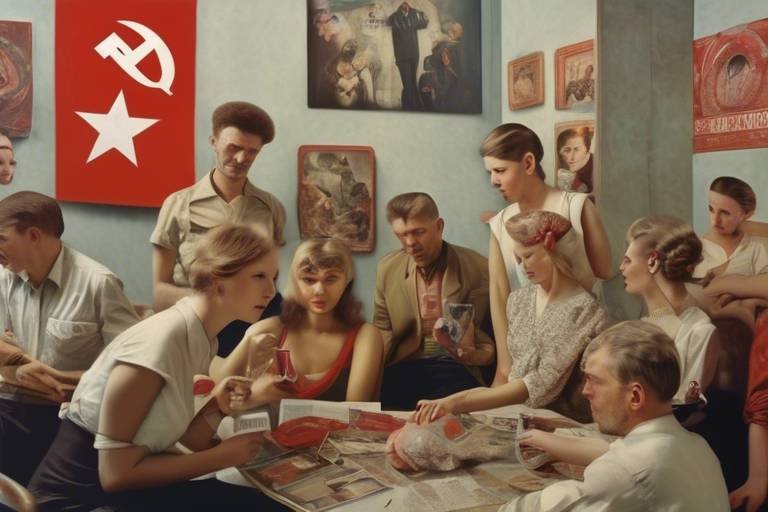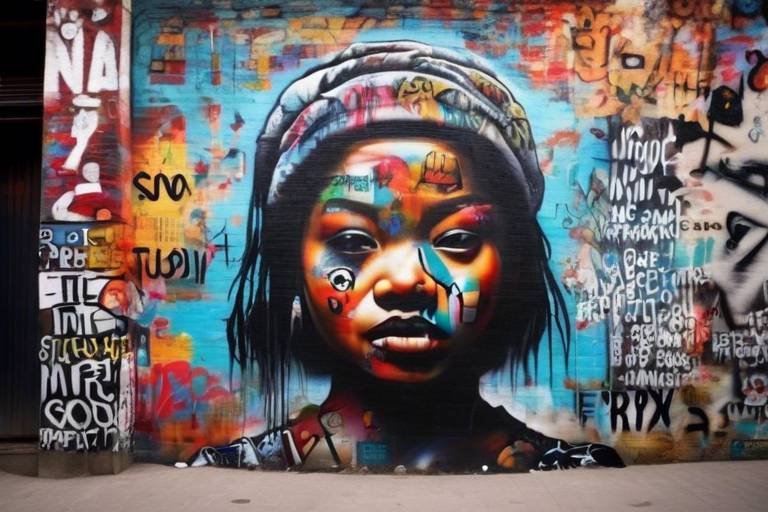The Cultural Significance of Festivals in India
India, a land of vibrant colors, diverse cultures, and rich traditions, is renowned for its myriad festivals that hold immense cultural significance. These festivals serve as a thread that weaves together the fabric of Indian society, preserving age-old customs, fostering community bonds, and celebrating the country's remarkable diversity.
Throughout the length and breadth of India, a kaleidoscope of festivals is celebrated with great fervor, each offering a unique glimpse into the traditions and customs of different regions. From the exuberant Durga Puja in West Bengal to the colorful Holi celebrations in North India, the country's festivals reflect the rich tapestry of its cultural heritage.
One of the most remarkable aspects of festivals in India is the seamless blend of religious and secular elements. These celebrations transcend religious boundaries, bringing people of various faiths together in a spirit of harmony and unity. Whether it's Diwali, Eid, Christmas, or Baisakhi, each festival is an opportunity to embrace diversity and strengthen communal ties.
While rooted in age-old traditions, festival celebrations in India have also evolved over time, incorporating modern influences and global trends. From traditional rituals to contemporary practices, these festivals strike a balance between preserving heritage and embracing innovation, making them relevant to the present day.
For Indian families and communities, festivals hold a special place as occasions to come together, rejoice, and create lasting memories. These festive gatherings strengthen familial bonds, foster a sense of belonging, and provide an opportunity for shared joy and merriment.
Art, music, and dance form an integral part of festival celebrations in India, transforming the cultural landscape into a vibrant extravaganza of creativity and expression. From intricate rangoli designs to mesmerizing classical dance performances, festivals serve as a platform for artists to showcase their talent and keep traditional art forms alive.
One cannot talk about Indian festivals without mentioning the culinary delights that accompany these celebrations. Festivals are a time for indulging in traditional delicacies, festive feasts, and sweet treats that tantalize the taste buds and add a gastronomic dimension to the festivities.
Beyond their cultural significance, festivals in India also have a profound social impact and contribute to the economy. These celebrations attract tourists, boost local businesses, and create opportunities for artisans and entrepreneurs, thereby driving growth and prosperity in the community.
At their core, festivals in India play a crucial role in preserving the country's rich heritage and shaping its collective identity. By passing down age-old traditions, customs, and values from one generation to the next, these celebrations ensure that India's cultural legacy remains vibrant and relevant in the modern world.
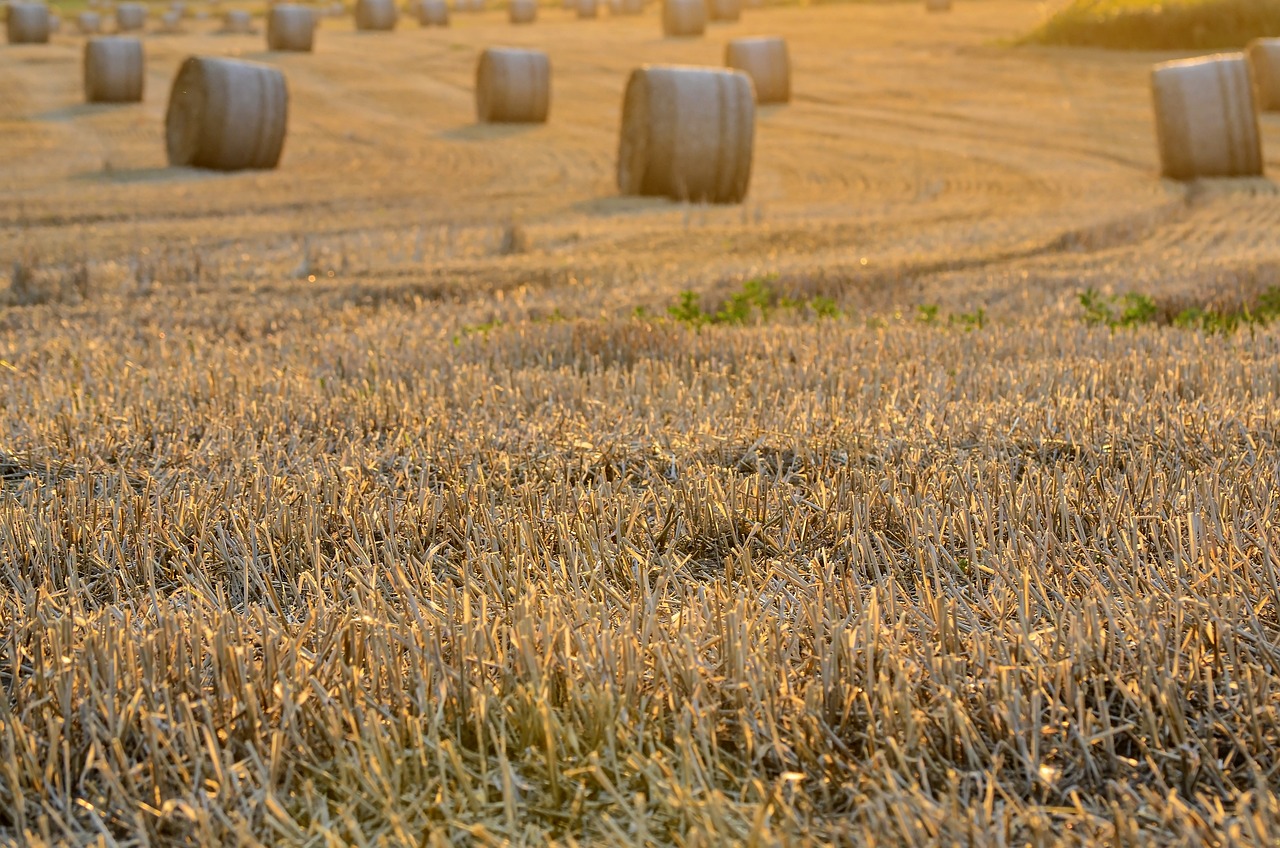
Diverse Festivals Across Regions
Exploring the rich tapestry of festivals in India and their importance in preserving traditions, fostering community bonds, and celebrating diversity.
In India, the vibrant tapestry of festivals unfolds across the diverse regions, each offering a unique glimpse into the cultural richness of the country. From the colorful Navratri celebrations in Gujarat to the grand Pongal festival in Tamil Nadu, every state boasts its own set of customs, rituals, and festivities. These festivals not only showcase the regional diversity but also bring people together in a harmonious celebration of traditions.
One of the most striking aspects of these diverse festivals is how they reflect the local customs and beliefs of the region. For example, the Bihu festival in Assam is deeply rooted in agrarian practices, marking the harvest season with traditional dances and music. Similarly, the Onam festival in Kerala pays homage to the state's agrarian heritage through elaborate feasts and colorful flower decorations.
Moreover, these festivals serve as a platform for communities to showcase their unique cultural identities, fostering a sense of pride and belonging among the participants. Whether it's the Diwali lights illuminating the streets of North India or the vibrant Durga Puja pandals in West Bengal, each festival encapsulates the spirit and ethos of its region, creating a tapestry of cultural celebrations that are as diverse as they are captivating.
While some festivals are steeped in religious significance, others have evolved over time to embrace a more secular outlook, welcoming people of all backgrounds to partake in the festivities. This inclusive nature of Indian festivals transcends religious boundaries, emphasizing unity in diversity and promoting a sense of communal harmony among the populace.
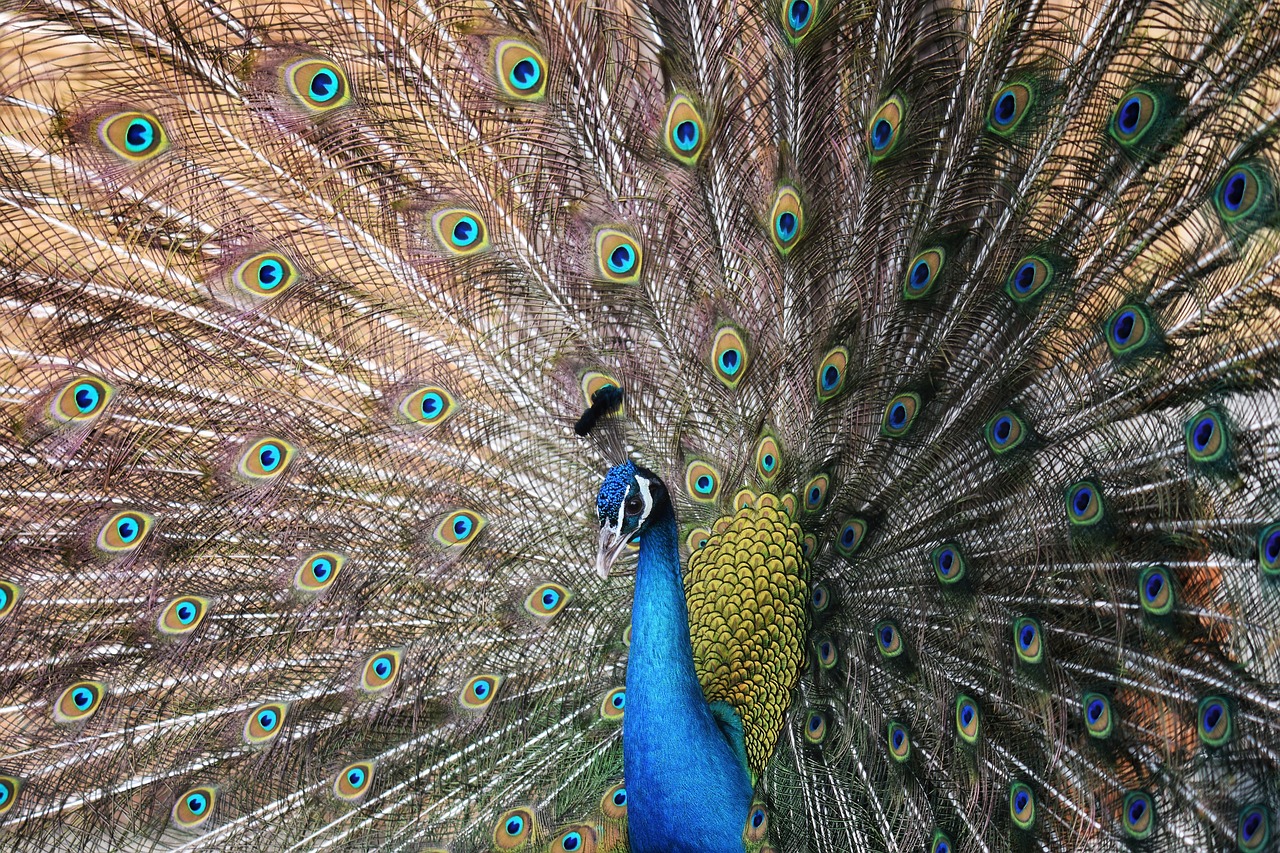
Religious and Secular Blend
Exploring the rich tapestry of festivals in India and their importance in preserving traditions, fostering community bonds, and celebrating diversity.
India is a land where religious and secular elements seamlessly intertwine, creating a harmonious blend in the fabric of society. Festivals in India are a true reflection of this unique blend, where traditions rooted in religious beliefs coexist with modern secular values. The diverse festivals celebrated across the country serve as a bridge between different communities, promoting unity and understanding among people of various faiths.

Traditional Practices and Modern Influences
Exploring the rich tapestry of festivals in India and their importance in preserving traditions, fostering community bonds, and celebrating diversity.
Highlighting the variety of festivals celebrated in different states of India, each with unique customs, rituals, and significance.
Examining how festivals in India seamlessly blend religious and secular elements, promoting harmony and unity among people of various faiths.
Traditions in India are like threads in a vibrant tapestry, weaving together the old and the new. The festivals of India reflect this intricate blend of traditional practices and modern influences. From ancient rituals passed down through generations to contemporary trends shaping celebrations, Indian festivals are a harmonious fusion of the past and the present.
Exploring the role of festivals as occasions for families and communities to come together, strengthen bonds, and create lasting memories.
Showcasing how festivals in India are a platform for artistic expressions through vibrant performances, music, dance, and cultural displays.
Delving into the culinary aspect of Indian festivals, where traditional delicacies and festive feasts play a central role in the celebrations.
Analyzing the social impact of festivals on communities, tourism, and local economies, driving growth and fostering entrepreneurship.
Emphasizing how festivals in India play a vital role in preserving cultural heritage, passing down traditions, and shaping collective identity.
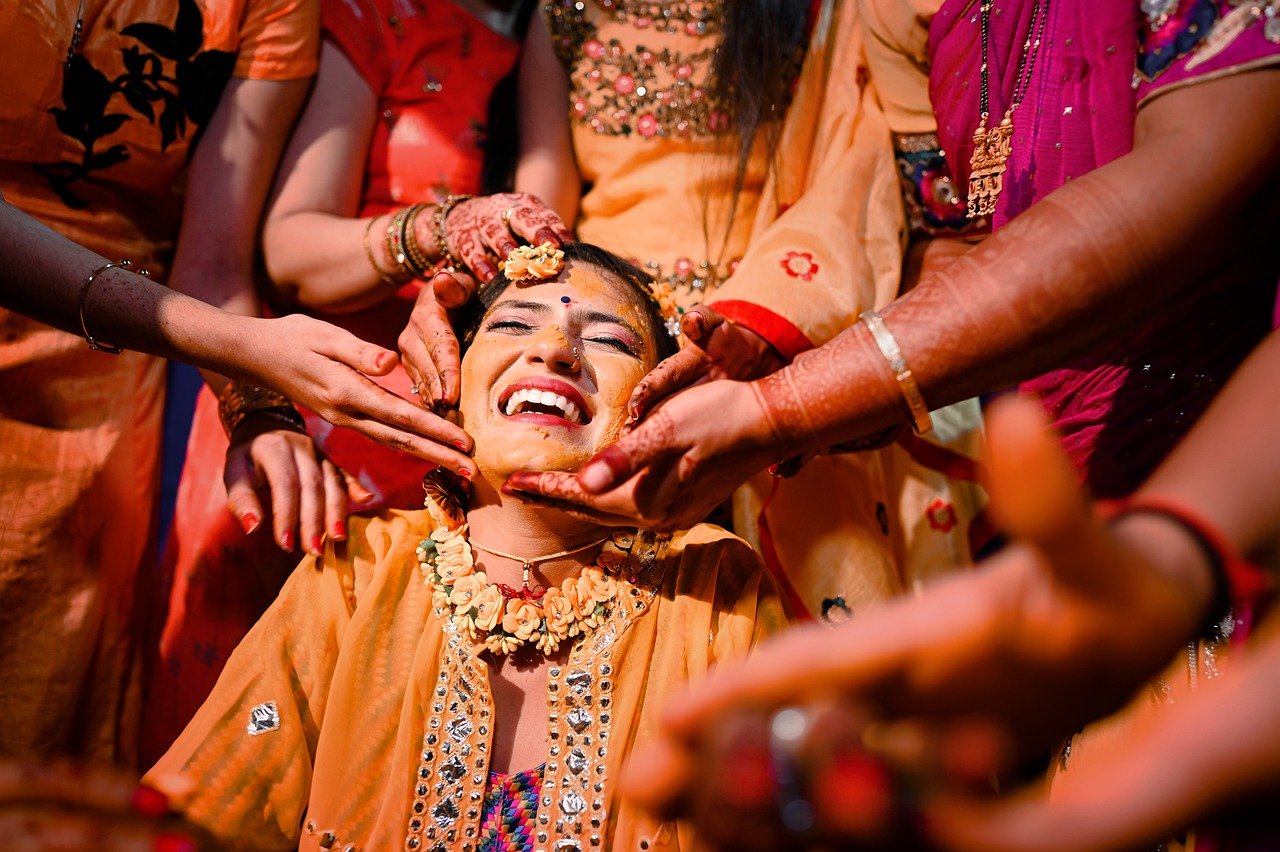
Family and Community Celebrations
Exploring the rich tapestry of festivals in India and their importance in preserving traditions, fostering community bonds, and celebrating diversity.
Family and community celebrations during festivals in India are not merely events but rather moments of profound significance that bring people together in joyous harmony. These occasions serve as a time for families to reunite, share stories, and strengthen their bonds over shared traditions and values. Communities come alive with a sense of unity and togetherness, as neighbors join hands to celebrate, exchange greetings, and partake in the festivities.
Within the intricate fabric of these celebrations, generations gather to pass down customs and rituals, ensuring that cultural heritage is preserved and cherished. It is a time when elders impart wisdom to the young, instilling a sense of pride in one's roots and fostering a deep connection to one's identity. The festive spirit permeates every household, creating an atmosphere of warmth, love, and belonging.
Moreover, these gatherings serve as a platform for collective joy and merriment, where laughter echoes through the streets and traditional music fills the air. The vibrant colors of traditional attire, the aroma of festive delicacies, and the sounds of laughter and music create a sensory experience that is both captivating and enriching. It is a time when the community comes together to revel in shared happiness, leaving behind the worries of daily life and embracing the spirit of celebration.
Through these family and community celebrations, festivals in India not only strengthen social bonds but also foster a sense of belonging and inclusivity. They remind us of the importance of coming together as a community, supporting one another, and celebrating the richness of our cultural heritage. In a world that is increasingly fast-paced and individualistic, these moments of collective celebration serve as a reminder of the power of unity, love, and tradition.
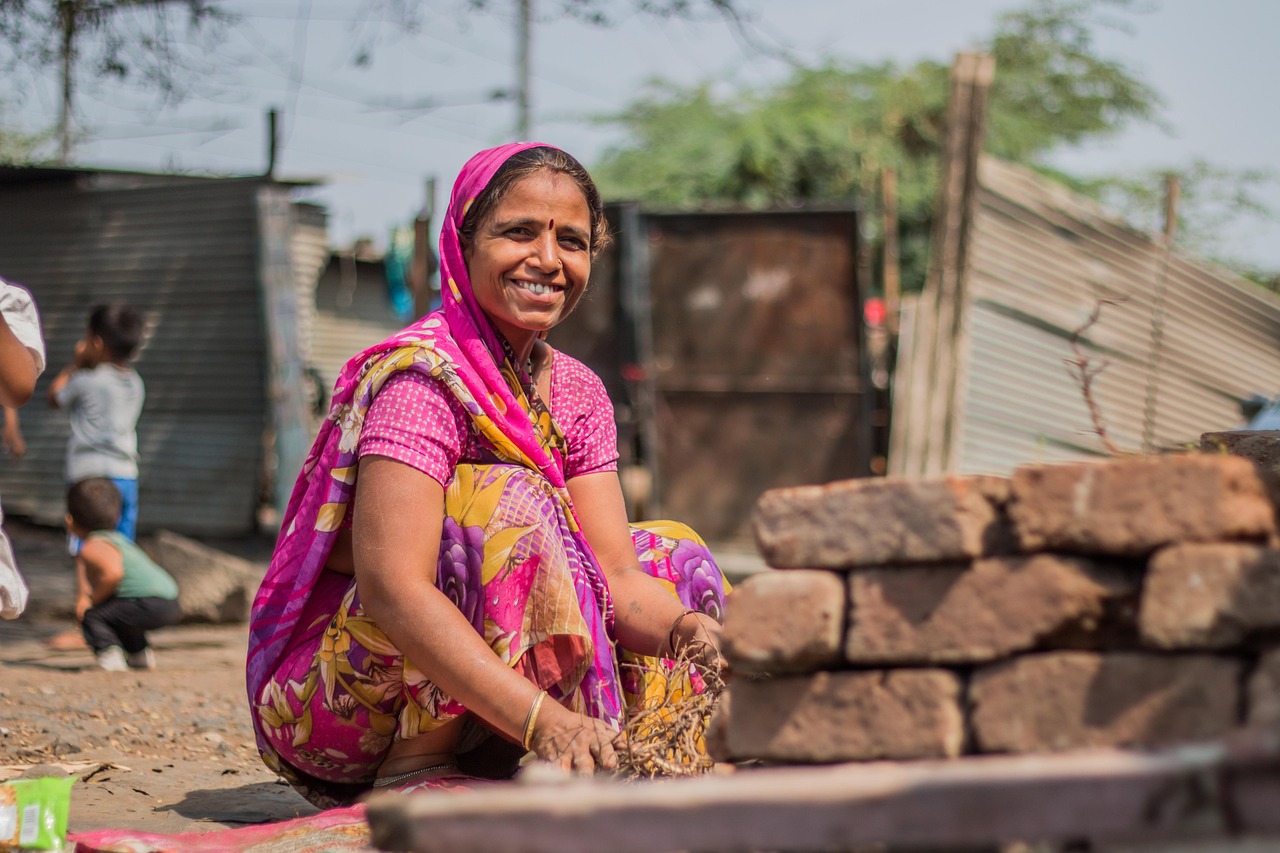
Art, Music, and Dance Extravaganzas
Art, music, and dance are integral components of festivals in India, transforming celebrations into vibrant and mesmerizing extravaganzas. These cultural expressions serve as a reflection of the country's rich artistic heritage and are showcased with fervor during various festivities.
During festivals, the streets come alive with colorful processions, traditional music performances, and intricate dance routines that captivate both locals and visitors. Artists and performers from diverse backgrounds come together to create a sensory experience that transcends language barriers and unites people in joyous celebration.
The intricate art forms, such as rangoli designs adorning doorsteps and vibrant street murals, add a visual spectacle to the festival ambiance. These artistic expressions not only beautify the surroundings but also symbolize auspiciousness and prosperity, infusing a sense of positivity and hope into the festivities.
Music plays a central role in setting the festive mood, with traditional instruments like the tabla, sitar, and dholak creating rhythmic beats that resonate through the air. Folk songs and devotional music add a spiritual dimension to the celebrations, invoking a sense of devotion and cultural pride among participants.
Dance performances during festivals are a dynamic display of grace, energy, and storytelling. From classical Bharatanatyam to lively Bhangra, each dance form carries its unique narrative, reflecting the region's history, mythology, and social themes. The intricate footwork, colorful costumes, and expressive gestures of dancers enchant the audience and transport them into a world of artistic splendor.
Furthermore, cultural displays and exhibitions during festivals provide a platform for artisans, craftsmen, and performers to showcase their talents and preserve traditional art forms. These showcases not only promote cultural exchange and appreciation but also create opportunities for artists to connect with a wider audience and sustain their craft.
In essence, the art, music, and dance extravaganzas during Indian festivals are not merely entertainment but a profound expression of creativity, heritage, and community spirit. They serve as a reminder of the enduring cultural legacy of the country and reinforce the importance of artistic endeavors in fostering unity and cultural pride.
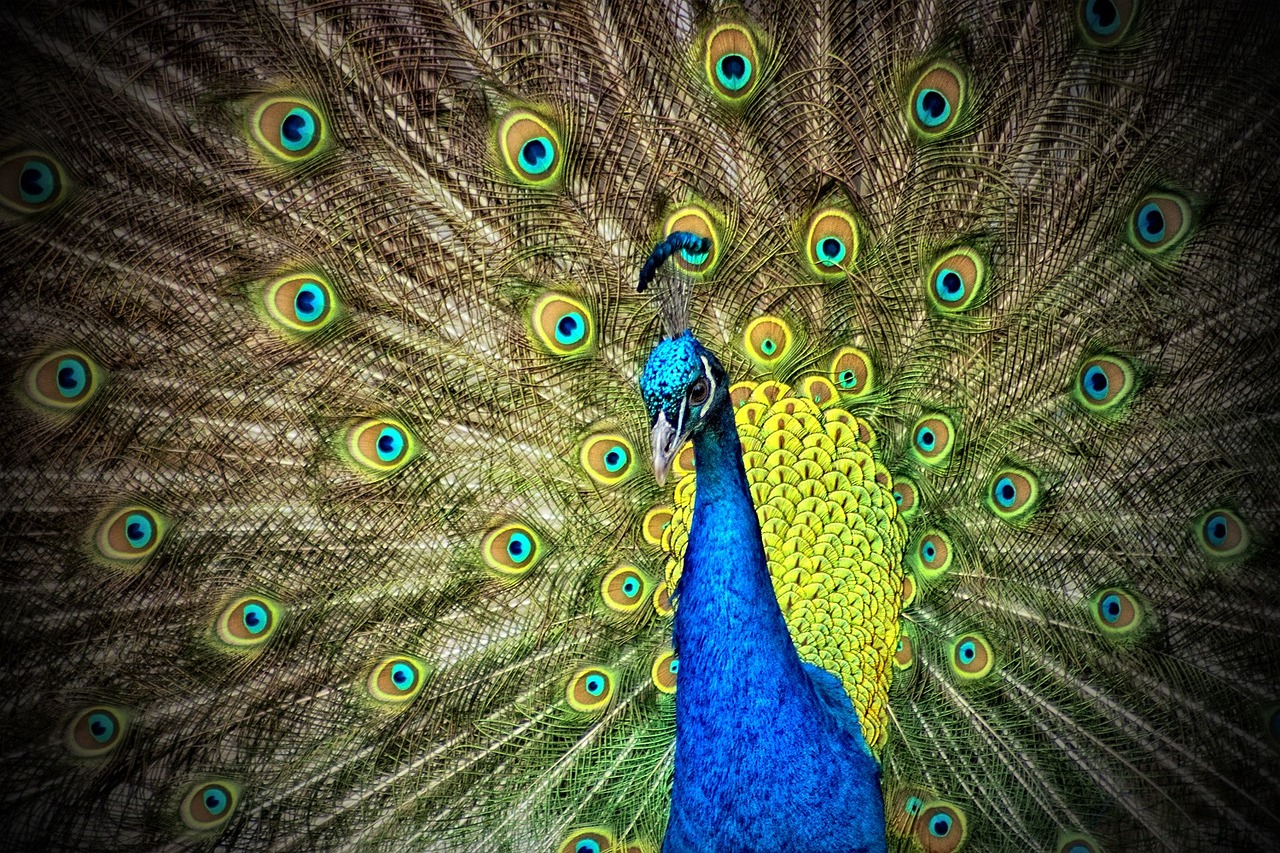
Culinary Delights and Festive Feasts
Exploring the rich tapestry of festivals in India and their importance in preserving traditions, fostering community bonds, and celebrating diversity.
Indian festivals are not just about rituals and traditions; they are also a feast for the senses, especially when it comes to culinary delights. The vibrant and diverse cuisine of India takes center stage during festive celebrations, offering a gastronomic journey that tantalizes taste buds and brings people together around the dining table.
From savory snacks like samosas and pakoras to sweet treats like jalebi and kheer, Indian festivals are a showcase of culinary mastery passed down through generations. Each region of India boasts its own unique delicacies, reflecting the local flavors and traditions that make these festive feasts truly special.
Moreover, the act of preparing these festive dishes often involves families coming together in the kitchen, sharing recipes, and creating meals that are not only delicious but also infused with love and tradition. The aroma of spices, the sizzle of frying pans, and the laughter shared over cooking sessions all contribute to the festive spirit that permeates Indian households during celebrations.
Tables laden with an array of dishes, from rich curries to fragrant biryanis, become the focal point of gatherings, where relatives and friends bond over shared meals and create lasting memories. Festivals in India are not just about eating; they are about the joy of coming together, sharing food, and experiencing the cultural richness that flavors every bite.
If you have any questions about the cultural significance of festivals in India, check out the following FAQs:
- Q: Why are festivals important in Indian culture?
- A: Festivals play a crucial role in preserving traditions, fostering community bonds, and celebrating the diversity of Indian culture.
- Q: How do festivals in India blend religious and secular elements?
- A: Indian festivals often incorporate both religious rituals and secular customs, promoting harmony and unity among people of different faiths.
- Q: What is the significance of culinary delights during Indian festivals?
- A: Culinary delights and festive feasts are an integral part of Indian festivals, symbolizing the richness of Indian cuisine and the joy of communal dining.

Social Impact and Economic Boost
Exploring the rich tapestry of festivals in India and their importance in preserving traditions, fostering community bonds, and celebrating diversity.
When we delve into the realm of festivals in India, we uncover not only a vibrant display of culture and tradition but also a significant impact on the social fabric and economic landscape of the country. These festivals are not merely events for merrymaking; they serve as catalysts for social cohesion and economic prosperity.
One of the most remarkable aspects of Indian festivals is their ability to bring communities together, transcending barriers of caste, creed, and language. During festivals, people from all walks of life come together to celebrate, share joy, and forge lasting connections. This sense of unity and togetherness not only strengthens the social fabric but also fosters a sense of belonging and solidarity among individuals.
Moreover, the economic impact of festivals in India cannot be understated. These events attract a massive influx of tourists, both domestic and international, leading to a surge in economic activity in the host regions. Local businesses thrive during festival seasons, as the demand for goods and services escalates. From street vendors selling festive delicacies to artisans showcasing their craft, festivals provide a significant boost to the local economy.
Furthermore, festivals also serve as platforms for entrepreneurship and innovation. Many small-scale entrepreneurs seize the opportunity presented by festivals to showcase their products, launch new ventures, and expand their customer base. This entrepreneurial spirit not only drives economic growth but also fosters a culture of innovation and creativity within communities.
Additionally, the tourism industry experiences a substantial upswing during festival periods, with visitors flocking to witness the grandeur and splendor of Indian celebrations. This influx of tourists not only generates revenue for the hospitality sector but also promotes cultural exchange and understanding on a global scale.
In essence, the social impact and economic boost generated by festivals in India are profound and multifaceted. These events not only celebrate tradition and heritage but also contribute significantly to community development, economic prosperity, and cultural enrichment.

Preservation of Heritage and Identity
Exploring the rich tapestry of festivals in India and their importance in preserving traditions, fostering community bonds, and celebrating diversity.
In India, festivals play a crucial role in preserving the country's rich cultural heritage and shaping its collective identity. These vibrant celebrations are not merely events for merrymaking but serve as a link to the past, connecting generations and keeping traditions alive. Through rituals, customs, and festivities passed down through centuries, festivals act as a living museum of India's diverse cultural tapestry.
Each festival carries with it a unique story, symbolizing different aspects of Indian history and mythology. From the colorful Holi festival, symbolizing the victory of good over evil, to the auspicious Diwali, celebrating the triumph of light over darkness, every festival holds deep-rooted significance. By participating in these age-old traditions, individuals not only honor their ancestors but also contribute to the continuity of their cultural legacy.
Moreover, festivals in India serve as a platform for showcasing traditional art forms, craftsmanship, and performing arts. Through intricate dance performances, mesmerizing music, and elaborate cultural displays, festivals become a stage for artists to express their creativity and keep ancient art forms alive. This fusion of art and tradition not only entertains but also educates, passing on valuable cultural knowledge to younger generations.
Furthermore, the preservation of heritage through festivals extends beyond mere customs and rituals. It encompasses a sense of community and belonging, where individuals come together to celebrate their shared history and values. Festivals create a sense of unity among diverse communities, transcending barriers of caste, creed, and language. In essence, these celebrations reinforce the idea of "unity in diversity," a core principle of India's cultural ethos.
By actively participating in festival rituals and traditions, individuals not only honor their roots but also contribute to the collective identity of the nation. Festivals serve as a reminder of India's glorious past, a celebration of its present diversity, and a promise of a culturally rich future for generations to come.
Frequently Asked Questions
- What are some of the most popular festivals celebrated in India?
India is known for its diverse festivals, with some of the most popular ones being Diwali, Holi, Eid, Durga Puja, Navratri, and Christmas.
- How do festivals in India contribute to cultural preservation?
Festivals in India play a crucial role in preserving cultural heritage by passing down traditions, rituals, and customs from one generation to the next, ensuring the continuity of rich cultural practices.
- What is the significance of culinary traditions during Indian festivals?
Culinary delights are an integral part of Indian festivals, where traditional dishes and festive feasts hold cultural significance, symbolizing abundance, joy, and togetherness.
- How do festivals impact the local economy and communities?
Festivals in India have a significant social and economic impact, boosting tourism, promoting local businesses, creating employment opportunities, and fostering a sense of community pride and solidarity.
- How do festivals promote unity among people of different faiths in India?
Indian festivals blend religious and secular elements, providing a common platform for people of diverse faiths to come together, celebrate shared values, and foster interfaith harmony and understanding.















